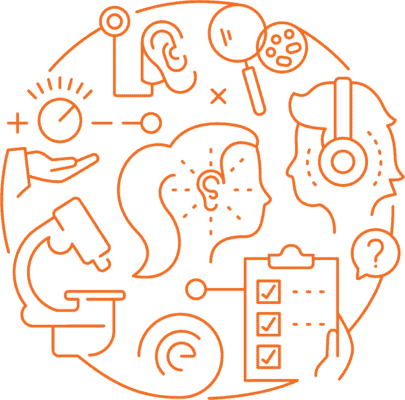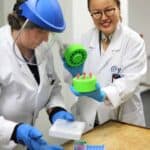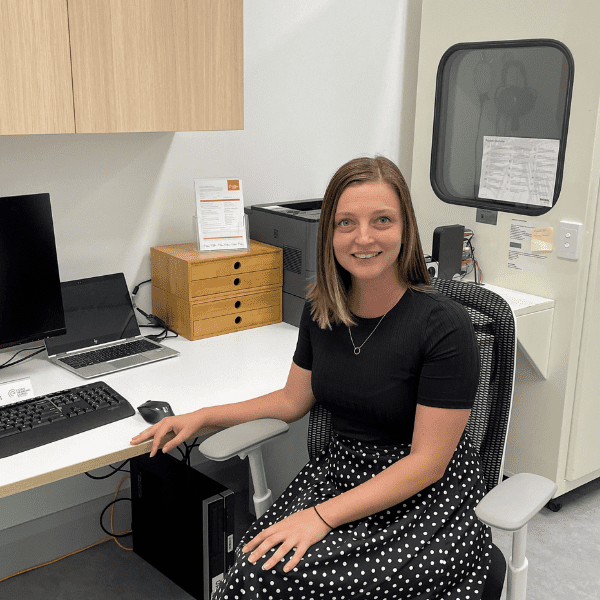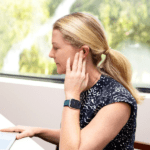Hearing loss is one of the most prevalent disabilities in the world. According to the World Health Organization, there are 360 million people globally with disabling hearing loss. Some 32 million of these are children, however people over the age of 65 are most deeply impacted with one in three having disabling hearing loss.
“This type of hearing loss has a significant impact on a person’s life,” Ear Science Institute Australia Chief Executive Officer Sandra Bellekom said. “It can lead to isolation, depression, and the latest research indicates that there is most likely a link between untreated hearing loss and dementia.”
Ear Science Institute Australia is a medical science centre in Perth that is unique to any other around the world. Established in 2001 by Professor Marcus Atlas, an ear specialist and surgeon-scientist, it has become renowned for its ability to integrate all facets of the not-for-profit organisation.
“At Ear Science, we are able to care for all aspects of your hearing health.” From initial assessments at our Lions Hearing Clinics through to cochlear implants at our Ear Science Clinic, and everything in between,” Ms Bellekom said. “Research, however, is at the heart of everything we do. Our clinics support and fund our research and the findings are put back into our clinical service, ensuring that we are always working with the latest evidence-based information to provide the best care possible.”
The institute has two main streams of research; basic research, which is the research conducted at the most basic human level of cells and genes, and clinical research, which focuses on improving the clinical processes and procedures to provide an optimal outcome for patients.
“We find that our patients within our clinics love to know they are helping to support medical science into hearing. The thought that a hearing aid purchase today could allow us to find a cure for hearing loss in the future is inspiring, and our patients appreciate knowing that all proceeds go back into the institute and not paid in commissions to clinicians,” Ms Bellekom said.
“We care for nearly 50,000 patients in Western Australia and the research we conduct here will directly benefit our patients, but also the hundreds of millions of people worldwide who suffer disabling hearing loss.”
Ear Science has recently joined the newly opened Ralph and Patricia Sarich Neuroscience Research Institute to further collaboration in research. The brainchild of Professor Bryant Stokes and supported by the Sarich family, the Wheatley family, LotteryWest, the WA Government and more, this is the first time researchers from different organisations have joined forces in Perth for the betterment of neuroscience.
“For the first time ever, Lions Hearing Clinic will be located side-by-side with our laboratory and clinical scientific research teams,” Ms Bellekom said. “This provides a unique opportunity for scientists and researchers to develop therapies, devices, pharmaceuticals and technologies to serve the needs of those with hearing impairment.”
Opened in April 2017, the Sarich Institute will house the research arms of Ear Science Institute Australia and additional clinical services, while the ear and hearing health hub remains in Subiaco and its Lions Hearing Clinics and Ear Science Clinics will continue to provide services around suburban Perth and beyond.






